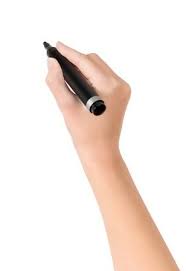By: Katie Letellier, Staff Writer
Student journalists are storytellers. They strive to find the story and tell it in a thorough, accurate way. They dream of breaking the next Spotlight story.
This was the case for me, who as a graduating senior, wanted to take on a story that dealt with corruption and allegations of abuse for my documentary filmmaking class.
I thought as a student, I was a protected journalist. It wasn’t until I spoke to USM administrators that I learned student journalists likely wouldn’t be protected by the university’s legal team should they be sued for defamation. So I made the difficult decision to abandon the project and find a new subject.
According to the Student Press Law Center, “You can’t be liable for defamation if you just publish a critical opinion about someone or reveal an unpleasant truth. But if you make a false accusation of fact, you may have committed defamation.”
The Student Press Law Center outlines student journalists’ rights and also shares stories of legal cases where student journalism was in question. One case, in particular, stuck out to me. In 2011, in the case of People of Illinois v. McKinney, a judge ruled that student journalists at Medill School of Journalism coerced witnesses to recant their testimonies.
The judge said they acted as “investigators in a criminal proceeding,” instead of journalists.
While it is unclear whether or not the school provided legal services for the students, the judge’s ruling is a serious offense that may haunt the journalists as they move forward with their careers.
Student journalists need to remember that the stories you tell within the comfort of your university can have real-world consequences.
So if you find yourself wanting to write an expose that could be seen as defamation, then pocket it until you work for a media company with lawyers to protect your journalistic rights or consider pitching it to a newspaper, magazine or podcast.

